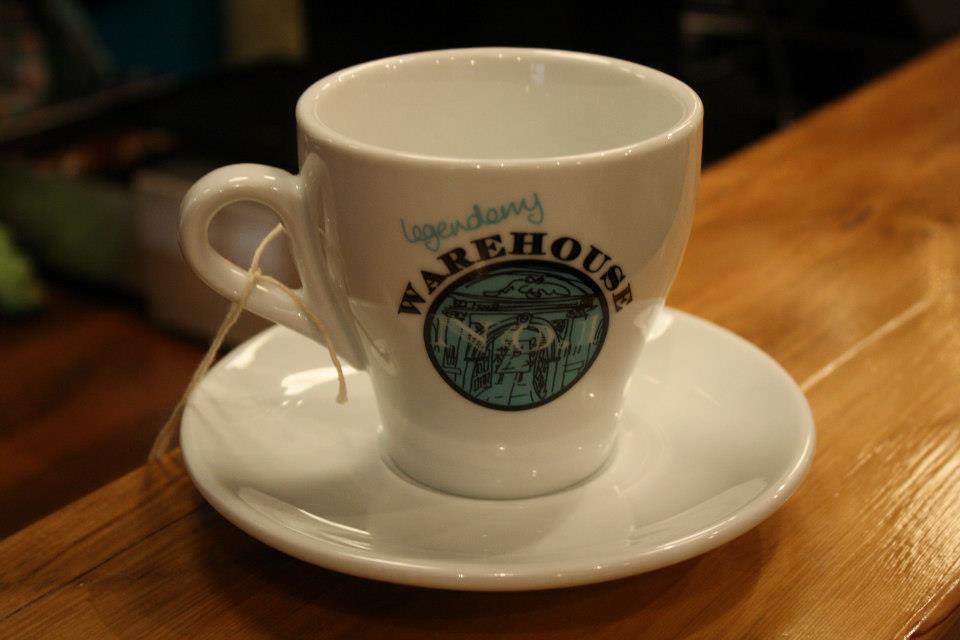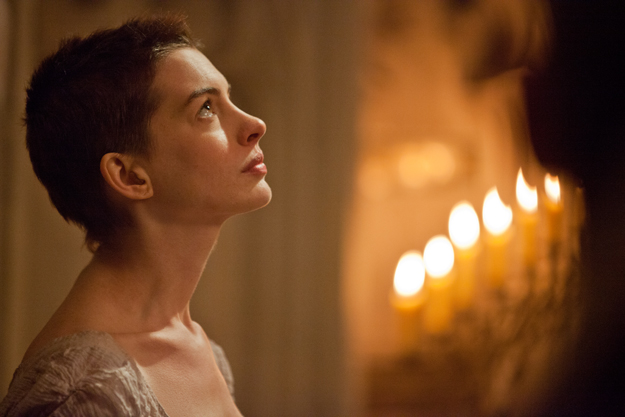As the City Of Culture 2013 gets closer, a local girl made good returns home. Si's Sights And Sounds looks back on a memorable occasion at the First Derry Presbyterian Church
"Art and music are basic human functions. The most common way to become involved with music is to listen to - or attend - a musical event."
-- The Reverend David Latimer
-- The Reverend David Latimer
The high walls and fine acoustics of the First Derry Presbyterian Church make it an excellent venue for any kind of choral event. Especially the homecoming of Derry soprano Margaret Keys, whose soaring, operatic vocals have earned her countless fans both abroad and at home. One approaches her performance with the Kings Chorale Choir with considerable expectations; and I am happy to say they are met.
The Belfast-based King's Chorale immediately succeed in giving the impression of enjoying themselves and in conveying a holy message. Their well balanced harmonies, speedy tone and "no frills" approach earns deserved applause, before the time comes for Keys to perform her first selection of songs.
She's wearing a purple dress, but, luckily for both her and us, the colour of said dress doesn't match the look on our faces, as her home grown sense of humour and powerful voice quickly raise everyone's spirits. We get to enjoy an operatic take on The Lord's Prayer, a controlled rendition of "Morning Has Broken" and a heartfelt performance of "Bless This House", but for this writer, her version of "Tears In Heaven" still comes out on top. She once told me that she likes to sing crowd pleasing songs "with a touch of class", and that's exactly what this is. I might even argue that she outdoes Eric Clapton here.
 By the time we hear The King's Chorale again, both the tenors and sopranos have become more prominent, as if Keys has inspired them. They carry this new found soul and joyous tempo into the unexpectedly uplifting "God’s Choir" and the very Aaron Copland-esque "Hand Me Down My Silver Trumpet". The thought of Western-themed music directly alongside more traditional pieces sounds rather jarring, yet it works pretty well here. "Hallelujah We Shall Rise" isn't quite as memorable, but it does give the basses a chance to stand out.
By the time we hear The King's Chorale again, both the tenors and sopranos have become more prominent, as if Keys has inspired them. They carry this new found soul and joyous tempo into the unexpectedly uplifting "God’s Choir" and the very Aaron Copland-esque "Hand Me Down My Silver Trumpet". The thought of Western-themed music directly alongside more traditional pieces sounds rather jarring, yet it works pretty well here. "Hallelujah We Shall Rise" isn't quite as memorable, but it does give the basses a chance to stand out.As the second half opens, Keys returns in a very fetching white dress. Even more fetching is her beautiful rendition of "Nella Fantasia" (from The Mission) which arguably resonates more than any other piece she performs on the night. Yes, even the soft, slow-burning "All Through The Night", admirable renditions of "Bring Him Home" and "Clare Benediction", not to mention a fine performance of “You’ll Never Walk Alone”, which literally concludes her evening – as a soloist, anyway – on a high note.
But what's most of note here (pun intended!) is not just how at ease Keys feels, but how at ease she makes everyone else feel, be it the choir, audience, congregation, photographers or journalists. A little smile, a drink of water, a few photos on her iPhone camera and a passion for chocolate – at one point, she treats us all to Cadbury’s Roses! – is all it takes. More than that, her camaraderie with her fellow performers – particularly local singer Willie Loughlin – seems effortless, undoubtedly inspiring his booming, evocative rendition of "Wind In The Willows".
It's left for the exuberance, passion and harmony of the choir, with Keys in tow, to conclude the evening on a high note for everyone; and leave one looking forward to what we will hear next from this hugely talented soprano.
Margaret Keys will next be performing at the Titanic Quarter for a BBC Christmas Special Broadcast on December 21. For more information, check out her official site.















































